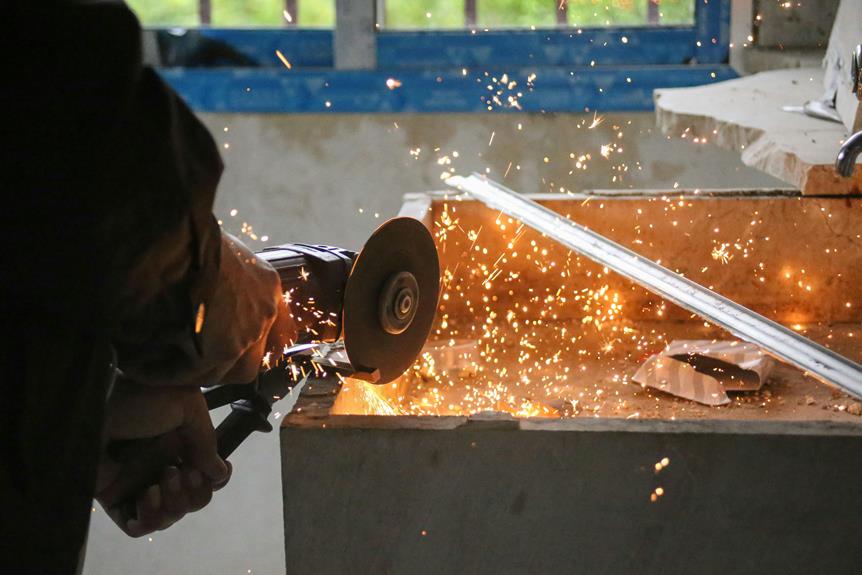Mexico has emerged as a pivotal player in the global manufacturing landscape, attracting significant foreign investment and establishing itself as a key hub for industries ranging from automotive to electronics. The country’s strategic geographical location, coupled with its robust trade agreements and cost-effective labor force, has made it an appealing destination for companies looking to optimize their production processes and supply chains. As manufacturers seek to navigate the complexities of a rapidly evolving global market, Mexico stands out as a versatile and competitive option, enabling firms to meet both regional and international demand.
In recent years, the Mexican manufacturing sector has undergone a transformation driven by advancements in technology, workforce development, and an emphasis on sustainability. As companies adopt Industry 4.0 principles, including automation and data analytics, the manufacturing landscape is continuously evolving, enhancing efficiency and productivity. This article explores the current state of manufacturing in Mexico, highlights key industries, and discusses the opportunities and challenges faced by this dynamic sector as it continues to thrive on the global stage.
Key Industries in Mexican Manufacturing
Mexico’s manufacturing sector is diverse, with significant contributions from industries such as automotive, electronics, aerospace, and medical devices. The automotive industry, in particular, has become a cornerstone of the economy, with major international manufacturers establishing production facilities to take advantage of Mexico’s skilled workforce and favorable trade conditions. Additionally, the electronics sector is thriving, with global tech companies investing in local production to enhance supply chain efficiency. The emphasis on innovation and adaptability in these industries positions Mexico as a critical player in the global supply chain, showcasing its strengths in both assembly and high-value manufacturing. As a result, companies are increasingly turning to Mexico Manufacturing for their needs.
Challenges and Opportunities
Despite its growth, the Mexican manufacturing sector faces challenges, including regulatory compliance, infrastructure needs, and competition from other emerging markets. Recent global supply chain disruptions have highlighted the importance of flexibility and resilience in manufacturing operations. However, opportunities abound as the industry embraces digital transformation, enabling manufacturers to enhance their operations and reduce costs. By prioritizing sustainability and innovation, Mexican manufacturers can capitalize on evolving consumer preferences and position themselves for long-term success. As they navigate these challenges, the potential for growth and expansion makes Mexico an attractive destination for future investments.
In conclusion, Mexico’s manufacturing sector is not only a cornerstone of its economy but also a dynamic participant in the global market, characterized by its adaptability and innovative spirit. The country’s ability to cultivate a skilled workforce and leverage advanced technologies positions it as a competitive player among emerging economies. As manufacturers continue to embrace digital transformation and sustainability practices, they can enhance operational efficiencies and meet shifting consumer demands. While challenges such as regulatory compliance and infrastructure development remain, the potential for growth in key industries underscores Mexico’s enduring allure as a manufacturing hub. This evolution marks a promising future for the Mexican manufacturing landscape, with opportunities that can drive economic growth and enhance its role in global supply chains for years to come.

































































0